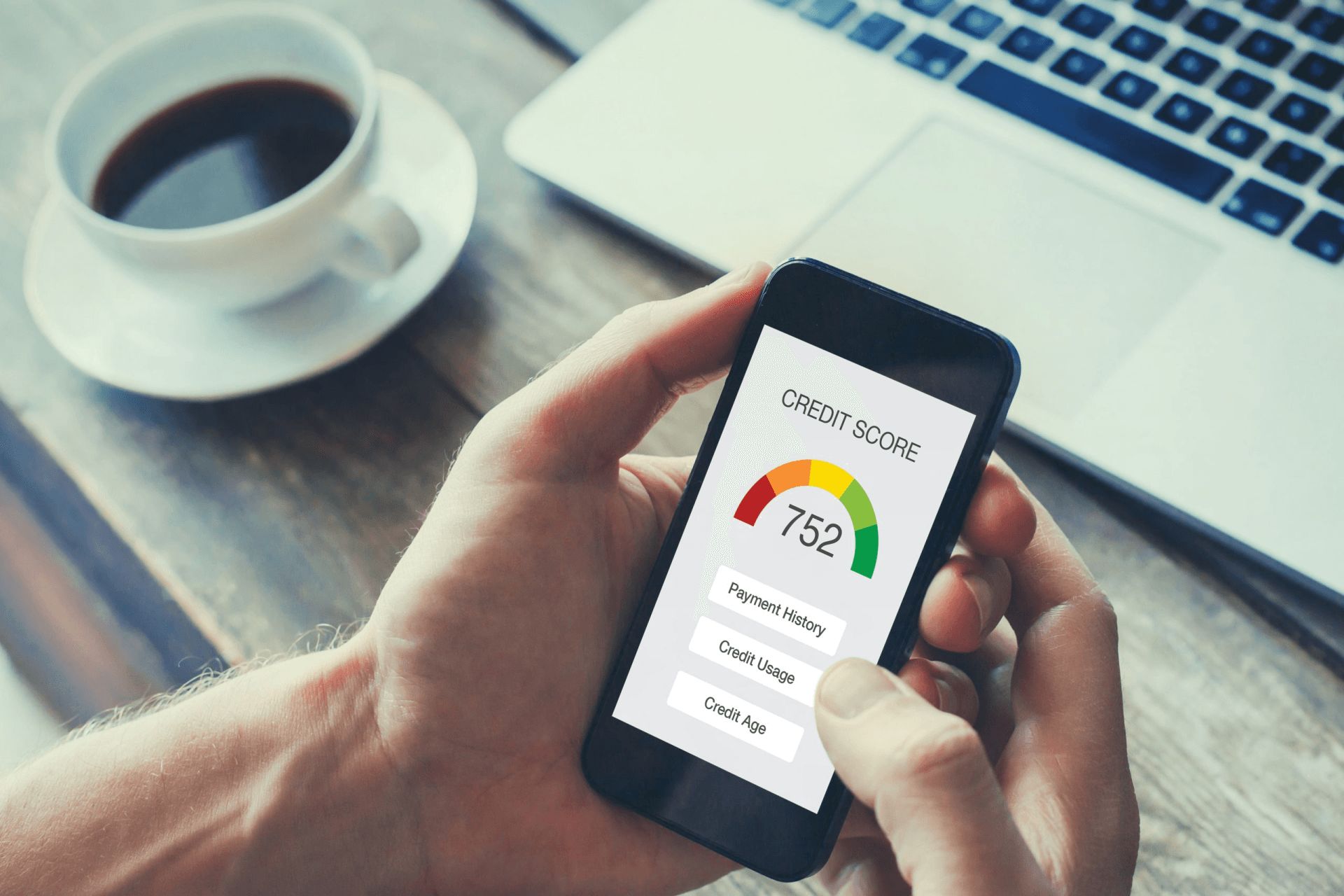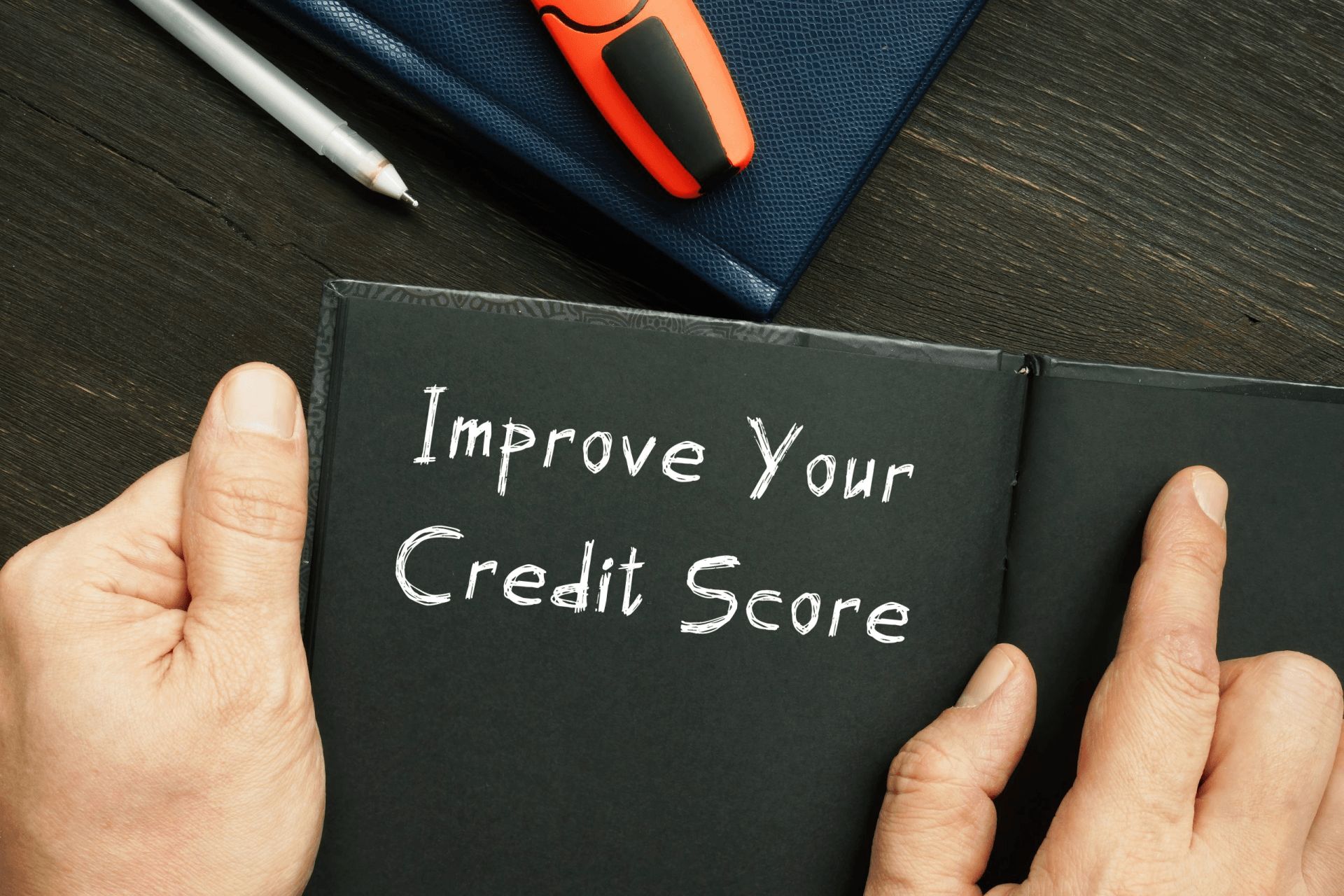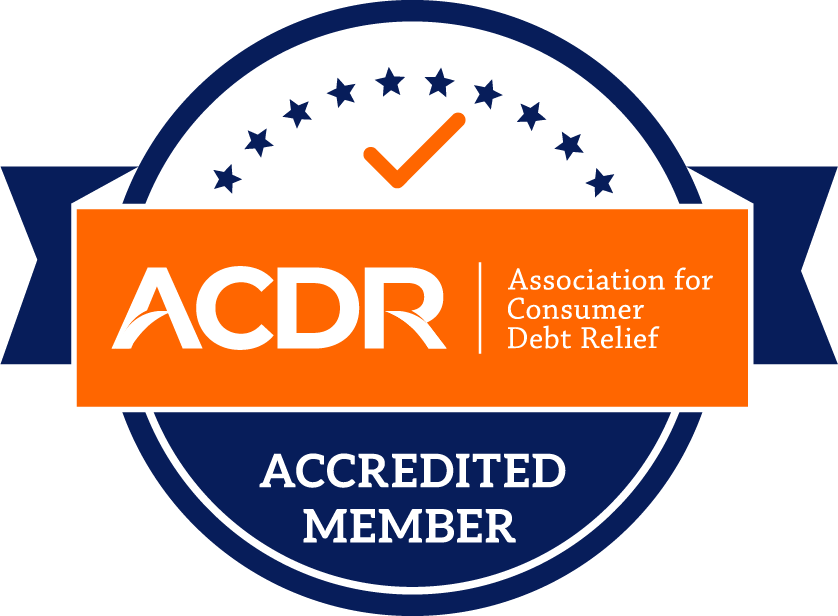Building credit over time is the most natural credit repair. But building credit can be frustrating, especially so when the credit industry isn’t set in your favor. Since credit-reporting agencies incentivize huge spending and lending habits for those just beginning to build credit, establishing a positive credit score can take a long time, as if you were undergoing credit repair. Fortunately, with some inside knowledge of how credit-reporting agencies work, you could get past the gap by just establishing positive lending practices.
Whether you’re establishing a credit score from scratch or improving your credit score, just follow this guide that leads you to all your credit-boosting or credit repair goals.








